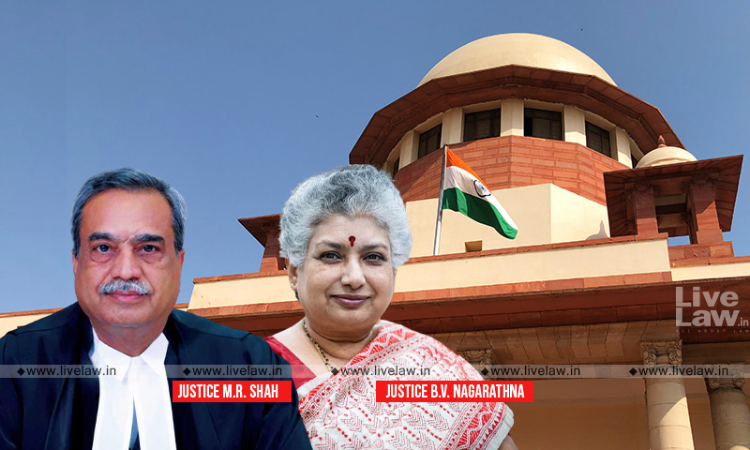Section 63 Copyright Act - Copyright Infringement Is A Cognizable & Non Bailable Offence: Supreme Court
Ashok KM
21 May 2022 9:41 PM IST

Next Story
21 May 2022 9:41 PM IST
The Supreme Court held that the offence of copyright infringement under Section 63 of the Copyright Act is a cognizable and non bailable offence.If the offence is punishable with imprisonment for three years and onwards but not more than seven years the offence is a cognizable offence, the bench comprising Justices MR Shah and BV Nagarathna observed. BackgroundThe appellant had filed...
